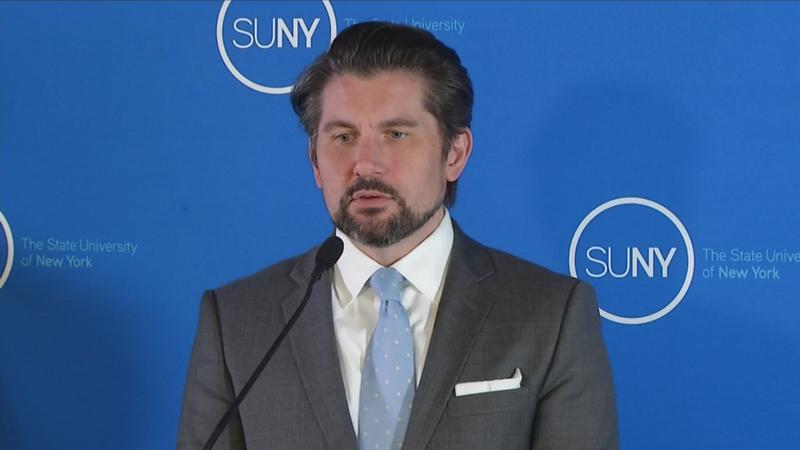SUNY Makes Record Investment in Mental Health Services for Students
ROCHESTER, N.Y. (WHEC) —According to a recent CDC survey, 41% of college students reported having at least one mental health issue. The startling statistic has The State University of New York (SUNY) system investing millions of dollars more into counseling services to help its students.
SUNY Chancellor Jim Malatras says the pandemic is producing alarming rates of depression, anxiety, and social isolation among students. He’s directed all SUNY colleges and universities to allocate 5% of their federal stimulus grants, a combined $24 million, to expand and enhance student mental health services.
The investment should help students like Justin Crawford. Crawford is a senior at SUNY Brockport from Brooklyn.
“It was hard because I was away from my family and I didn’t want to run the risk of bringing COVID into the house,” he tells News10NBC.
There were times Crawford needed help from one of the school’s counselors but he could only get in to see her once every other week because she was so busy.

[News10NBC]
“Going through that struggle of not knowing when the next appointment would be or knowing that the appointment is two weeks out but something happens in between those two weeks it was a challenge,” Crawford said.
SUNY Brockport President Dr. Heidi MacPherson says the demand for mental health services has been steadily growing, “over the past four years our counseling center averaged more than 3660 visits per year…and tellingly last year we saw an increase in visits even though fewer students were living on campus due to COVID,” MacPherson explains.
[anvplayer video=”5045706″ station=”998131″]
Chancellor Malatras says the allocation marks the largest single concerted investment in student mental health services in SUNY history, and will connect more students to the customized help they need—where and when they need it—to build a culture of early intervention and eliminate the stigma associated with seeking help.
It will also help broaden telehealth services for students who do mostly remote learning or who may not live on-campus.